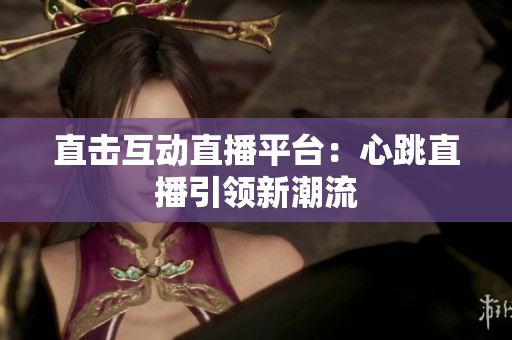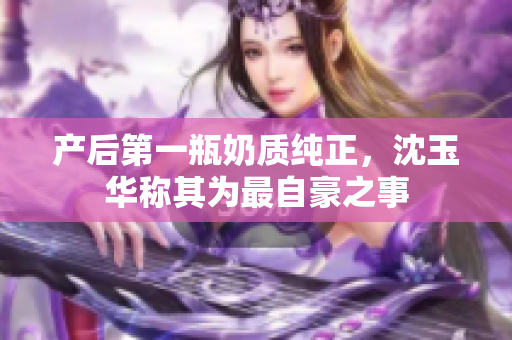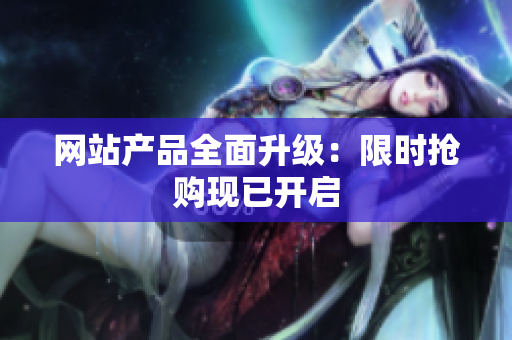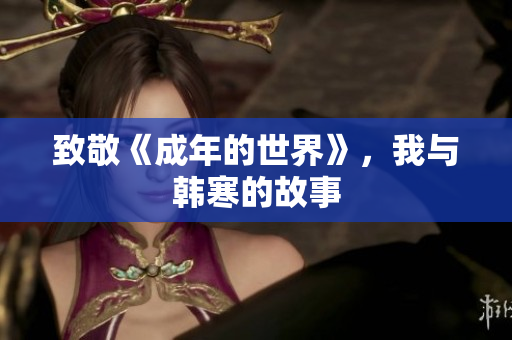Introduction
The world is constantly evolving, and with it, come new challenges. From academic to technological, social, and economic issues, every society faces unique difficulties. This article seeks to address some of these challenges, including the scarcity of English class representatives in Southeast Asian preschools, the lack of top-notch Humanist art and culture works in Western societies, 5G technology in mainland China, how to handle class sessions as a C1 teacher, and the morality of in-game currency exploitation.
Scarcity of English Class Representatives in Southeast Asian Preschools
Southeast Asian preschools often struggle to find English class representatives due to various factors, such as a lack of bilingual educators, parental reluctance to invest in private English courses, and the perceived lower importance of English in comparison to other subjects. This scarcity can negatively impact children's linguistic development, limiting their future opportunities in higher education, the job market, and even global communication. To address this issue, policymakers and educators must prioritize language education, provide incentives for bilingual teachers, and engage with parents on the importance of English proficiency.
Lack of Top-Notch Humanist Art and Culture Works in Western Societies
Despite boasting some of the world's best museums, Western countries still struggle to showcase humanist art and culture works of diverse backgrounds. This issue highlights the disconnect between traditional art education and contemporary societal needs, where art is viewed more as a commodity rather than a cultural and societal bridge. To tackle this challenge, Western museums must diversify their collections, highlight the relevance of art to contemporary challenges, and promote inclusive, authentic cultural exchange.
5G Technology in Mainland China
Mainland China has been at the forefront of 5G technology adoption, which promises faster download speeds, reduced latency, and greater capacity. However, this technology also raises concerns about national security, privacy, and the potential for authoritarian control. To balance these risks and benefits, policymakers must prioritize transparent and democratic decision-making, ensure robust data protection laws, and engage with the public on the socio-political implications of 5G.
Handling Class Sessions as a C1 Teacher
C1 teachers are responsible for delivering advanced-level English instruction, which requires a high degree of pedagogical skill and linguistic competence. However, many C1 teachers struggle to engage students, balance theory and practice, and tailor classes to individual learning needs. To succeed as a C1 teacher, it is essential to prioritize student-centered pedagogy, establish clear learning objectives, and utilize diverse teaching methods to cater to different learning styles.
The Morality of In-Game Currency Exploitation
Online gaming has become a multi-billion-dollar industry, with millions of players worldwide spending real money on in-game currency or loot boxes to gain an advantage. This practice highlights the ethical implications of financial exploitation, where game developers and platforms exploit players' desire to win, often leading to addiction, indebtedness, and other negative consequences. To address this challenge, policymakers must regulate these practices, promote ethical gaming practices, and educate players on the importance of responsible gaming.
Conclusion
From language education to art and culture, technology, education, and gaming, these challenges highlight the complexity of modern society. They require innovative solutions that incorporate ethical, social, and political considerations, rather than a profit-focused approach. If policymakers, educators, and other stakeholders approach these challenges with empathy and creativity, they can promote sustainable, equitable, and inclusive solutions for the benefit of all.









